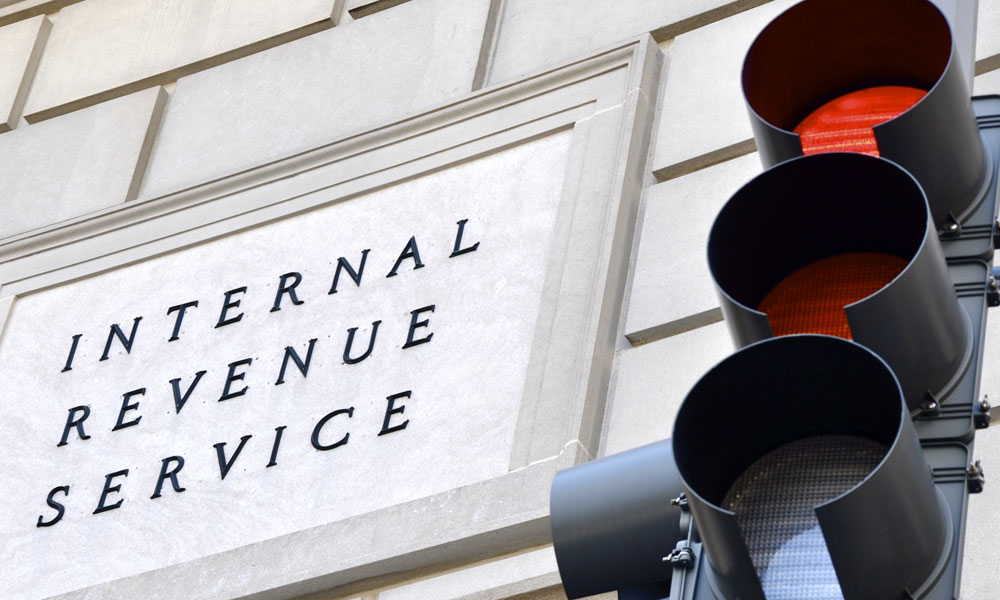
Report: With Shrinking Budget and Staff, IRS Falls Short On Charity Oversight
A new report by the Government Accountability Office faults the IRS for examining charitable organizations less frequently in recent years. The agency’s limited resources are to blame.
A new report by the Government Accountability Office faults the IRS for examining charitable organizations less frequently in recent years. The agency’s limited resources are to blame.
In 2012, the Internal Revenue Service found itself facing accusations that its Exempt Organizations (EO) division was unfairly targeting tea party groups and disproportionately declining their applications for tax-exempt status. That script was flipped recently with the release of an independent review of the agency by the Government Accountability Office.
In its report [PDF], GAO cited the IRS’s shrinking budget and staff as the main culprits in a decrease in oversight of charitable organizations. According to GAO, the IRS audited 0.71 percent of charities in 2013, down from 0.81 in 2011, and far below the average exam rate for other types of taxpayers like individuals (1 percent) and corporations (1.4 percent).
Over the same period, the IRS has seen its budget shrink by $900 million to below fiscal year 2009 levels, and staffing has declined by 10,000 full-time equivalents, including 47 positions within the EO. (The just-passed FY15 budget cut an additional $353 million from the agency’s budget.) Meanwhile, the number of Form 990s filed between 2011 and 2013 increased by 5 percent.
“EO oversight of charitable organizations helps ensure that these entities abide by the purposes that justify their tax exemption and protects the sector from potential abuses and loss of confidence by the donor community,” GAO said in the report. “Over the past several years, reviewers have found that various units within the EO division could not fully assess or communicate their effectiveness because they lacked meaningful performance measures.”
To help ease EO’s workload, the IRS last year rolled out new tools like the drastically streamlined 1023-EZ application form for 501(c)(3) tax exemption, but GAO warned that such trade-offs will lead to less available information about those organizations. And it noted that that EO’s internal goals and performance measures “track its output of application reviews and examinations, but these do not measure impact on compliance.”
“If IRS does not collect and use performance data to make sound decisions—especially given the likelihood of constrained budgets for the foreseeable future—the agency risks missing noncompliance, burdening tax-exempt organizations, and wasting scarce resources,” the report said. “Furthermore, it will be difficult for IRS to communicate agency progress to Congress and the public and thus be held accountable.”
To improve oversight of charitable groups, GAO recommended that IRS develop “qualitative, results-oriented compliance goals” for EO and suggested that Congress consider requiring more 501(c)(3) organizations to file tax returns electronically.
(iStock/Thinkstock)






Comments